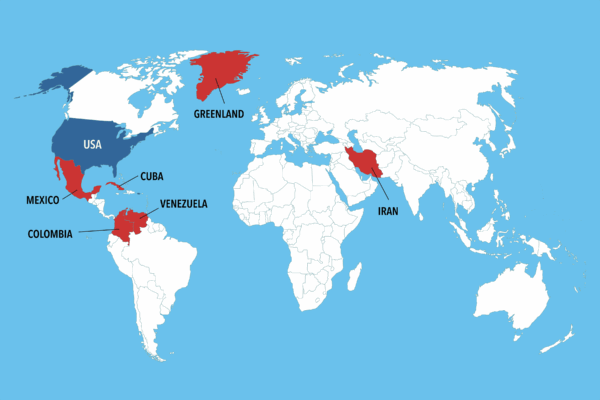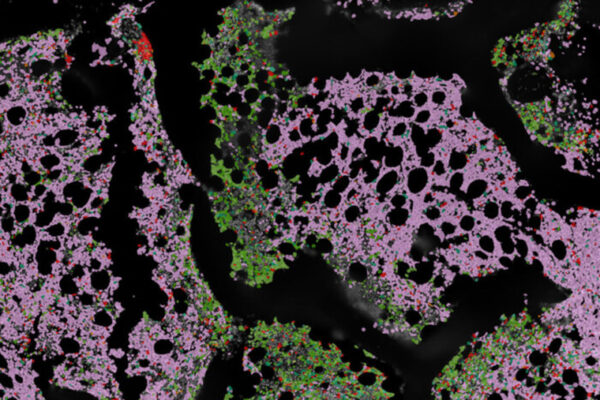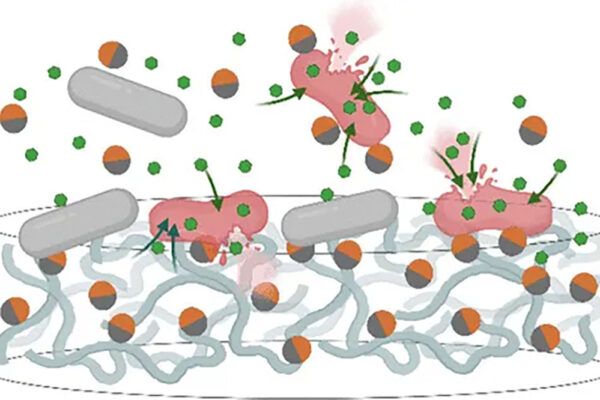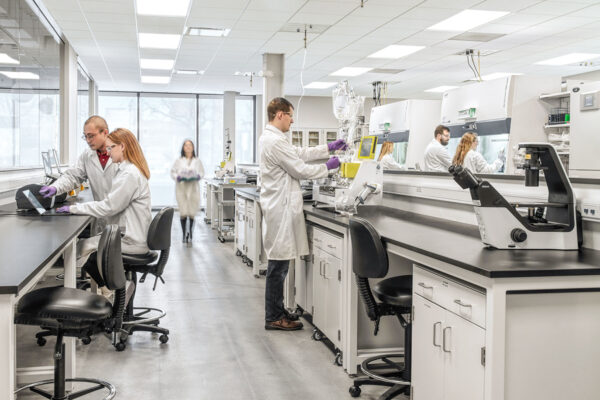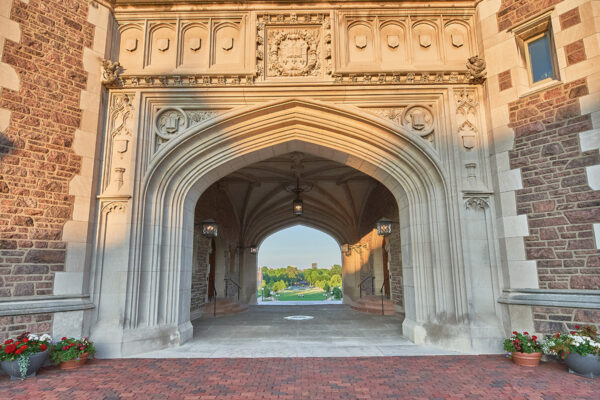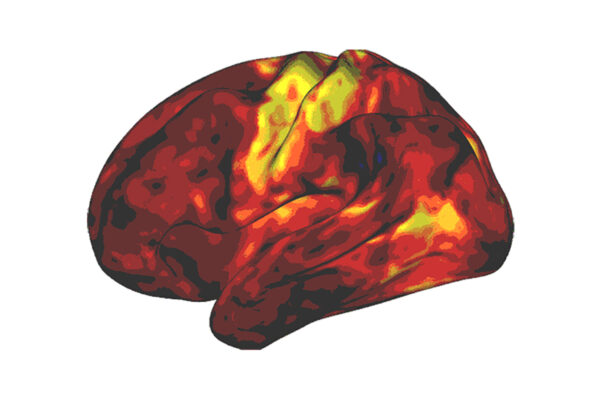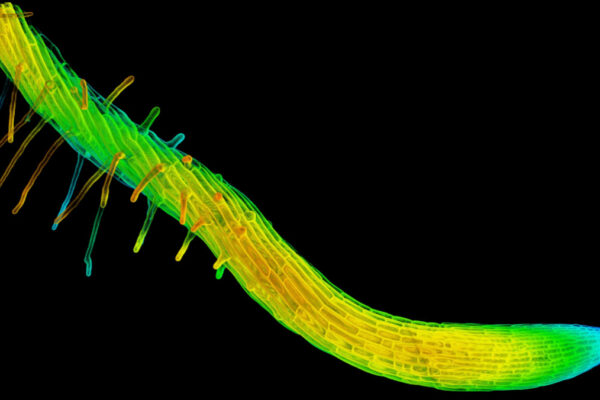International alliances, global stability on shaky ground
The unfolding crisis in Venezuela, as well as President Trump’s subsequent threats to countries including Greenland, Colombia, Mexico and Iran, threaten international relations and embolden adversaries. David Carter, an expert in international relations and territorial conflict at Washington University in St. Louis, explains why.
Inflammatory immune cells predict survival, relapse in multiple myeloma
Researchers at WashU Medicine and their collaborators have created an immune cell atlas of multiple myeloma, a cancer of the bone marrow. The new resource could improve prognosis and guide development of new immunotherapies.
Reviving antibiotics with two-faced nanoparticles
A team led by Yan Yu of Washington University in St. Louis developed a double-pronged approach to fighting antibiotic resistance.
How polarization limits power of public opposition
Historically, public opinion has constrained presidents’ use of unilateral power. But political scientist Dino P. Christenson, at Washington University in St. Louis, explains why public opposition to President Trump’s actions in Venezuela is unlikely to sway him.
Why international law forbids forcible seizure of territory
Under international law, one of the clearest red lines for states is the use of force to take another sovereign’s territory — a prohibition that sits at the heart of the modern global legal order, says MJ Durkee, a Washington University in St. Louis law professor.
WashU startups attract record-setting $1.7 billion in private-sector investment over past year
Startups built on WashU discoveries attracted a record $1.7 billion in private-sector investment over the past year, accelerating the commercialization of WashU innovations into life-changing diagnostics, therapeutics and medical devices.
Jupiter’s moon Europa has seafloor that may be quiet, lifeless
A new study led by planetary scientists at Washington University in St. Louis suggests the icy moon Europa lacks the undersea activity needed to support life.
Board grants faculty appointments, tenure
At the Washington University in St. Louis Board of Trustees meeting Dec. 5, numerous faculty members were appointed, promoted or granted tenure, with most taking effect that day unless otherwise indicated.
Stimulant ADHD medications work differently than thought
In a new study, WashU Medicine researchers found that widely prescribed drugs such as Ritalin and Adderall don’t affect attention-controlling regions of the brain, as previously thought, but rather act on areas involved in wakefulness and reward.
Plant science with a twist
Biology and engineering researchers at Washington University in St. Louis have uncovered the mechanism of plants’ twisting roots.
View More Stories
